10 Best Wifi Routers of 2025
Experience lightning-fast internet speeds with the best wifi routers on the market. Compare top models and upgrade your home network now!
Updated: July 28, 2025
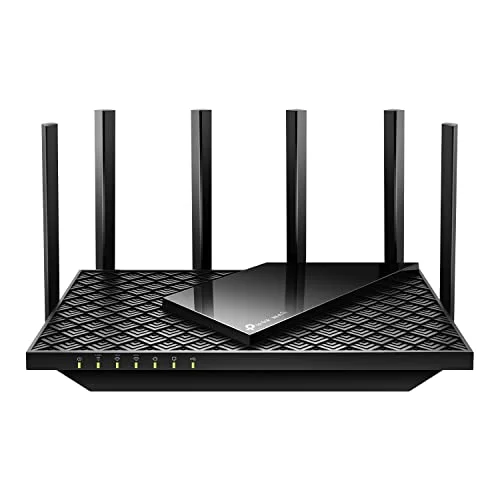
TP-Link Archer AXE75 Tri-Band WiFi 6E Router
- Tri-band speeds enhance gaming and streaming experiences.
- Supports the latest WPA3 security protocol.
- Seamless OneMesh integration for expanded coverage.

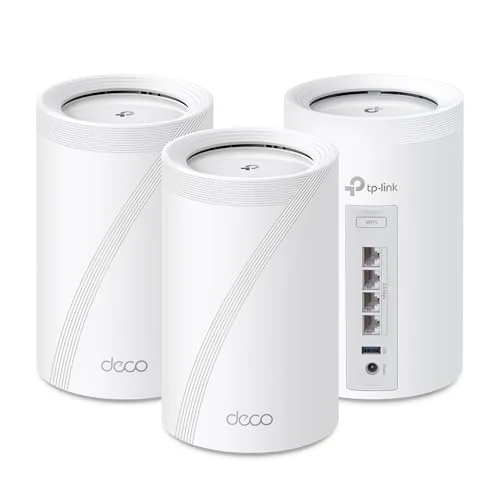
TP-Link Deco BE63 Tri-Band WiFi 7 Mesh System
- High-speed connectivity with 10 Gbps performance.
- Advanced AI-Roaming for seamless device switching.
- Robust security features with HomeShield integration.

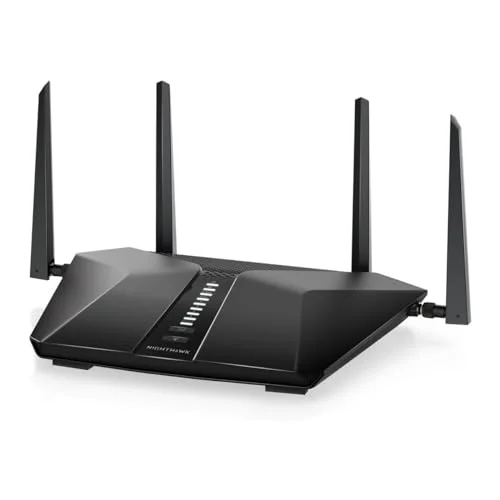
NETGEAR Nighthawk RAX54S WiFi 6 Router
- Fast 5.4 Gbps internet speeds.
- Covers up to 2,500 sq. ft.
- Connects over 25 devices simultaneously.

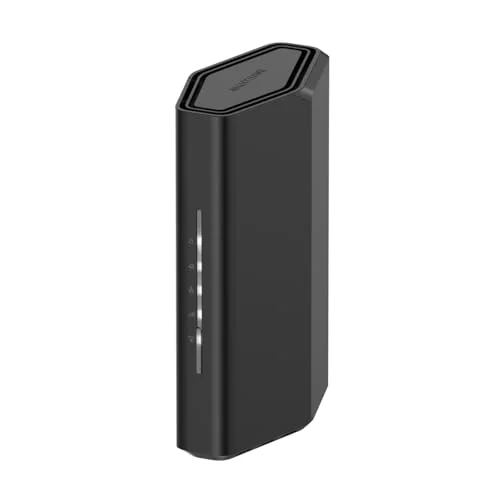
NETGEAR Nighthawk RS90 WiFi 7 Router
- Impressive wireless speed up to 3.6 Gbps.
- Covers large areas up to 2,000 sq. ft.
- Supports up to 50 connected devices efficiently.

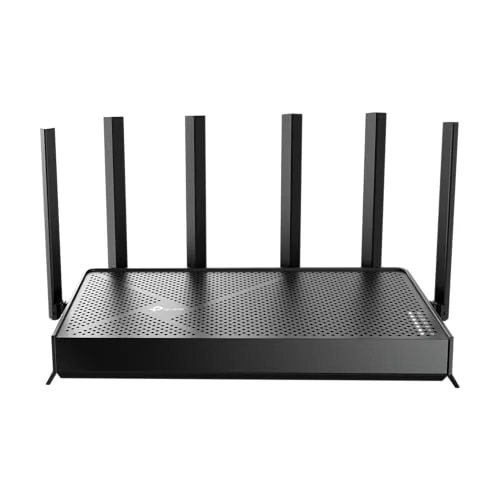
TP-Link Archer BE6500 Dual-Band Wi-Fi 7 Router
- Supports high-speed dual 2.5 Gbps ports.
- Covers large areas up to 2,400 sq. ft.
- Handles up to 90 connected devices smoothly.

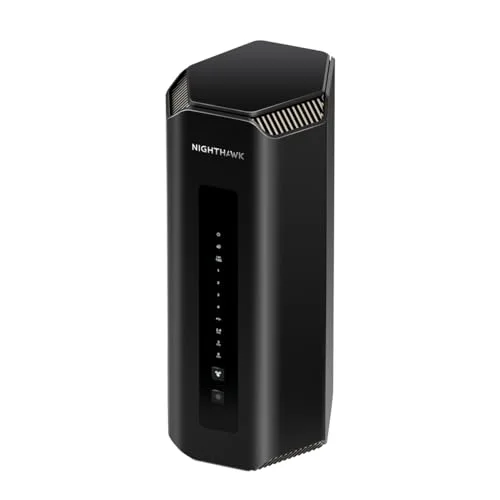
NETGEAR Nighthawk RS700S WiFi 7 Router
- Exceptional 19Gbps speed for smooth gaming.
- Covers large areas, up to 3,500 sq. ft.
- Supports 200 devices without performance drop.

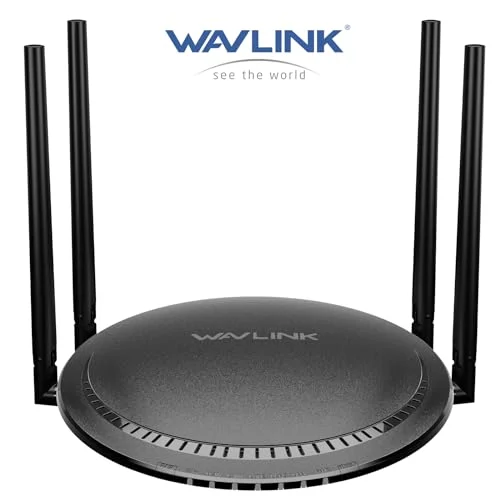
WAVLINK AC1200 Smart Dual Band WiFi Router
- Dual-band speeds reduce network congestion.
- Full gigabit ports ensure fast wired connections.
- USB 3.0 port for quick data sharing.

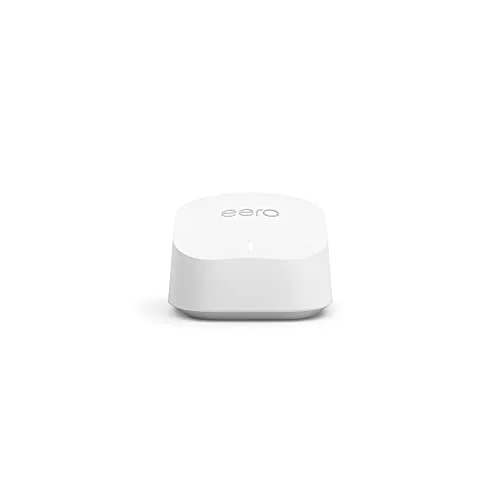
Amazon eero 6+ Mesh Wi-Fi Router
- Seamless coverage eliminates dead spots effectively.
- Supports over 75 devices simultaneously.
- Easy setup with intuitive app guidance.

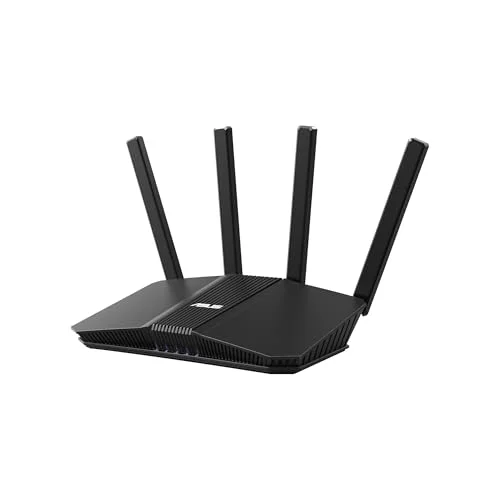
ASUS RT-BE58U WiFi 7 Router
- Supports latest WiFi 7 technology.
- Features commercial-grade network security.
- Offers multiple dedicated network options.

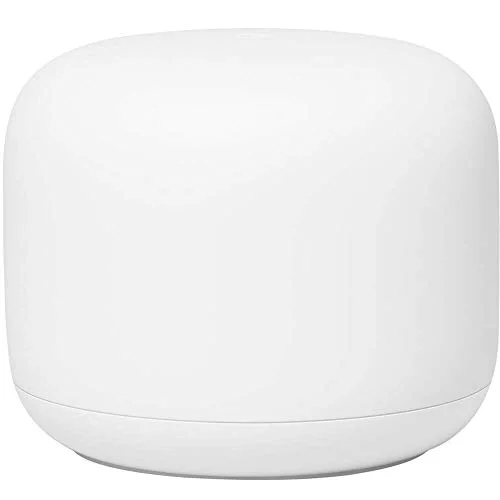
Google Nest Wifi Router AC2200
- Extensive 2200 Sq Ft coverage.
- Seamless mesh network connectivity.
- Easy setup and management via app.

Tired of Hunting for Deals?
Get the best daily discounts delivered straight to your inbox
You Might Also Like
Overview of wifi routers
In our increasingly interconnected world, a stable and powerful internet connection is as vital as oxygen to a scuba diver. This is where wifi routers come into play, acting as the heart of your digital home, pumping internet lifeblood to your myriad devices. We've trawled through the tech jungle, applying a rigorous evaluation process that is as meticulous as it is merciless. We've considered everything from speed and range to security and parental controls. We've even pondered over the aesthetics because, let's face it, nobody wants an eyesore in their living room. What's left are our top picks - the crème de la crème of wifi routers, each with their unique strengths, ready to cater to your specific needs. Whether you're a casual surfer or a binge-watching, game-streaming fiend, we've got your back. So, dive in and let's find you the perfect wifi router to feed your digital hunger.
Top wifi routers
Frequently Asked Questions
What is the range of a wifi router?
The range of a wifi router depends on its strength and the obstacles in the way. Typically, the range is between 100-150 feet indoors and up to 300 feet outdoors. Walls, furniture, and other objects can interfere with the signal, so it's best to place the router in a central location for maximum coverage.
How many devices can a wifi router support?
The number of devices a wifi router can support varies depending on the router's specifications. Most routers can support between 20-30 devices, but some high-end models can support up to 100 devices. Keep in mind that the more devices connected, the slower the internet speed may be.
What is the difference between a 2.4GHz and 5GHz wifi router?
The main difference between a 2.4GHz and 5GHz wifi router is the frequency they operate on. 2.4GHz routers have a longer range and can penetrate walls and other obstacles better, but they have slower speeds. 5GHz routers have faster speeds but have a shorter range and can't penetrate obstacles as well.
What is a dual-band wifi router?
A dual-band wifi router operates on both 2.4GHz and 5GHz frequencies simultaneously. This allows for more devices to connect to the router without slowing down the internet speed. It also provides better coverage as the router can switch between frequencies depending on the device's location.
How often should I replace my wifi router?
It's recommended to replace your wifi router every 3-4 years, as technology and internet speeds are constantly improving. If you're experiencing slow internet speeds or connectivity issues, it may be time to upgrade to a newer model.




